By SNEHITA KOTHARI
Warm-hearted and fun filled, Lipstick Under My Burkha, is about the secret desires of four suppressed women in a small town, and their journey to gain freedom for themselves. The film won the Oxfam award for Best Film On Gender Equality at the 18th Mumbai Film Festival (MAMI).
We talk to the director of the film, Alankrita Shrivastava, who made her debut as a director with the Gul Panag starrer, Turning 30.
Tell us about what you are trying to explore in your film, “Lipstick Under My Burkha”.
AS: I wanted to tell a story about struggling ladies’ desires, especially their desire for freedom and independence. I often feel deep inside that something is always holding me back in this country, and that is the very feeling that I have strived to explore. The burkha is a metaphor for hidden dreams. Women are always expected to not express certain feelings, and it’s not just other people who impose it on them, but they themselves, either out of conditioning or lack of choice. We are so used to playing roles that are tailor-made for us. I have been brought up in an upper middle-class, educated environment and I still feel that there are things holding me back. So I wanted to explore the mindset that I truly want to, and cannot express/admit or act upon otherwise.
Why do you think women have a greater tendency to hold themselves back?
I feel it’s all down to socialization. It’s down to an interminable patriarchal system that has been existing generation after generation. We don’t know what it is like to live in a society that is not dominated by the male perspective. So we don’t even realise what we are missing out on, and how we keep reflecting that same perspective. It is not just that a woman is repeatedly being told that she is not capable, but it also that she herself feels so because she has absorbed the social conditioning, and then she passes the same thinking down the line. The problem is we don’t believe a 100% in ourselves. So we need to strengthen our own selves first. Women need to stop being their own worst enemy. We need to understand what is it that we want and articulate it without hesitation.
How much of the film is fictionalized?
There is nothing autobiographical about the film in terms of events, but the soul of the film is deeply personal. It is not personal in terms of plot points or graphs. The characters are not like me on the surface but the internal dilemmas are very far more intimate and relatable.
Tell us about the journey of making the film.
Interesting journey. After writing my script, I took it to the NFDC Screenwriters lab. I had a fantastic mentor, writer Urmi Juvekar. I think the script development was a very important phase. I have worked with some of the most fantastic people through it, who helped me mould the script into what you see now.
You have worked with Prakash Jha for a long time. How come your cinematic influence does not resonate with the gritty political thrillers that he makes?
I feel that is his greatest gift to me, that he encouraged me to have my own voice. He has encouraged me to find out the stories that I want to tell and figure out how I want to tell them. And that is a very rare; otherwise when you work with a filmmaker, you tend to get influenced by their work in terms of the kind of stories they tell. So it’s been a unique and fortunate experience for me.

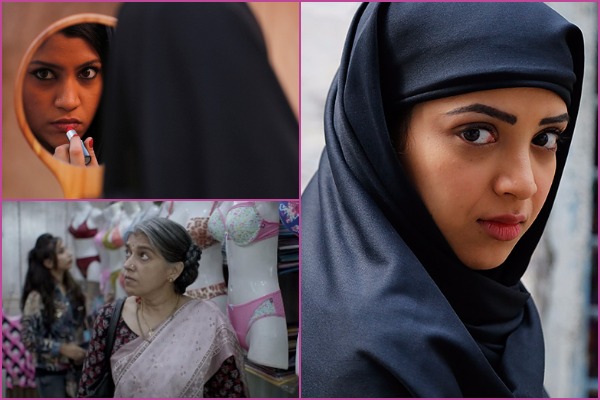

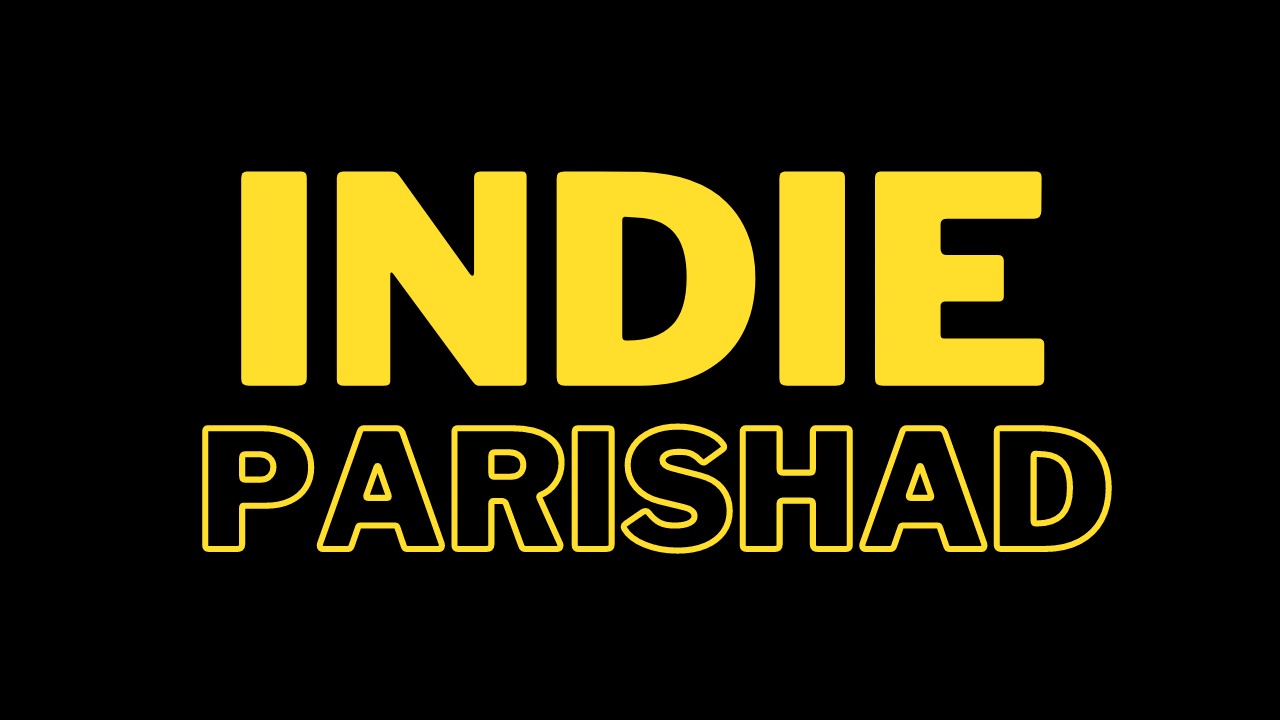
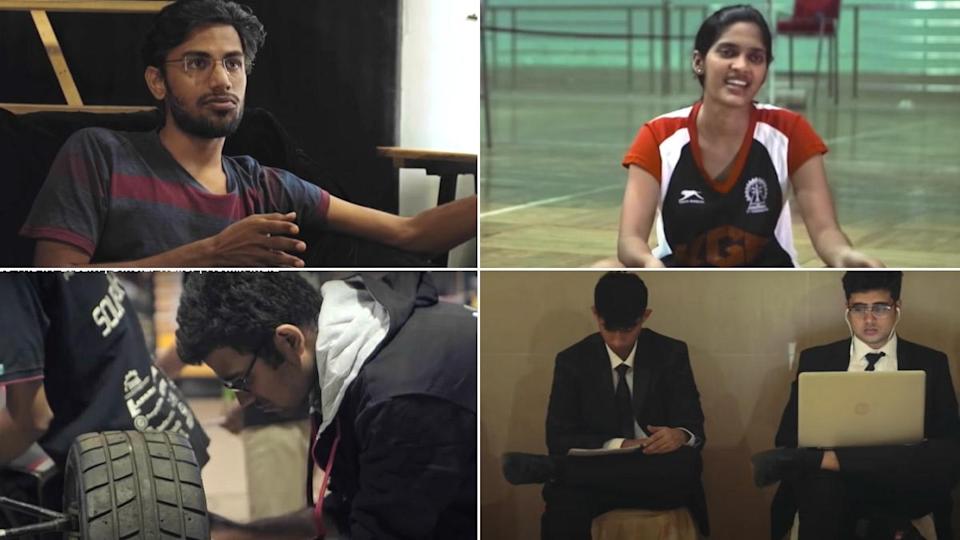
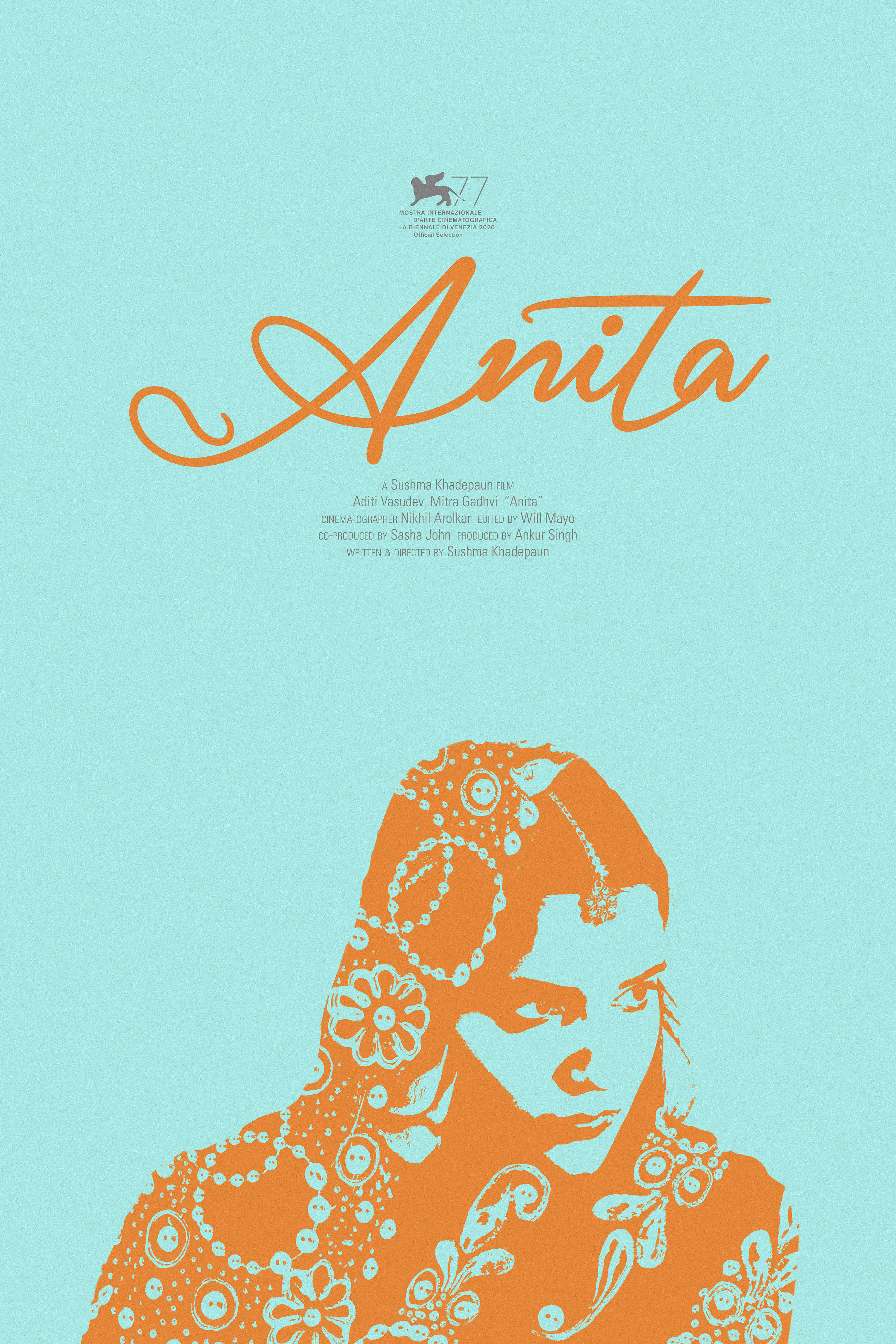
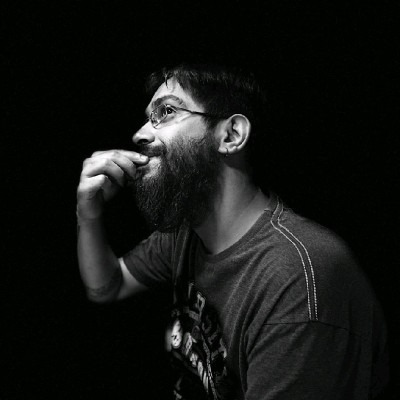


Leave A Comment
You must be logged in to post a comment.